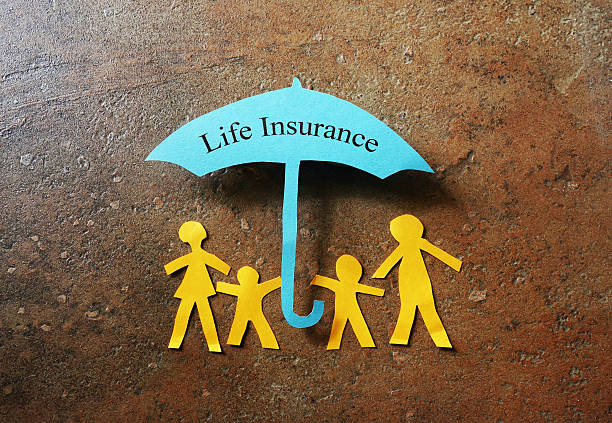Anxiety is a psychiatric disorder characterised by excessive concern, worry, and emotional turmoil as well as by an increased adrenaline response. This can be a debilitating condition that affects the ability to perform in everyday life and has been estimated to affect one out of five adults for at least six months in their lifetime.
The good news is, there are many effective treatments for anxiety disorder. The earlier anxiety is diagnosed and treated, the better it can be managed.
The effects of anxiety are very broad and many people have different levels of experience in terms of what to expect. The symptoms will vary depending on the individual as well as their specific form of anxiety.
Anxiety is a normal emotion that everyone experiences at some level. The key word is appropriate. Anxiety becomes a problem when its intensity and duration is greater than what is considered normal to the individual.
Anxiety signs and symptoms
- Physical symptoms:
– muscles tensed
– shortness of breath
– tightness in chest
– headache
– sweating
– nausea and flushing (red face)
- Emotional symptoms:
– feelings of panic
– feelings of dread
– feelings of nervousness
– ‘nervous stomach’ (stomach pains)
- Cognitive effects: feelings of dread and foreboding.
Anxiety is a highly treatable condition. Treatment may include lifestyle changes, psychotherapy or medication, or a combination of all three.
- Mental symptoms:
– Derealisation
– Feelings of panic, terror and horror
– Feelings of doom and gloom
– Depression or feelings of guilt or shame(guilt and shame are a symptom of anxiety disorders)
– Difficulty sleeping (insomnia)
What are the causes of anxiety?
Anxiety is a natural reaction to a stressful situation. It is part of our fight or flight mechanism. We may get butterflies in our stomach when faced with a difficult situation at work or we may feel uneasy before an important date.
However, while we all feel anxious occasionally, some of us have more experience of anxiety than others and if the amount and intensity is greater than what we usually feel, then it may be worth consulting your doctor to rule out medical causes.
There are different types of anxiety disorders, but all of them are triggered by an external event or a situation that the individual finds challenging.
How do I manage my anxiety?
- Try to relax
Relaxation can help prevent the onset of anxiety symptoms and help the body and mind cope with stressful situations.
There are a number of relaxation techniques that can be used to reduce your stress levels, including: · Progressive muscle relaxation involves tense and then relaxing groups of muscles e.g. Your arm first, then your leg etc. · Breathing techniques · Guided imagery · Visualisation, which involves using your imagination to distract yourself from stressful thoughts.
- Exercise regularly
Exercise helps the body release feel good endorphins and also helps to distract you from worries and negative thoughts, as well as reducing symptoms of depression. It can help restore energy levels and improve mental wellness. Many clinical trials have shown that exercise is an effective treatment for anxiety disorders and depression.
- Take Anxiety Retreats
While it’s always a good idea to seek the advice of a qualified doctor, anxiety retreats like Hoffman Process are becoming popular.
Some of these retreats include relaxing therapies such as massage and yoga as well as counselling that focuses on breathing techniques and meditation.
There is also an increasing trend in meditation retreats. This involves a combination of yoga and guided meditation to help patients focus on their breathing, which naturally reduces the symptoms of anxiety, especially panic attacks.
- Get plenty of sleep
Sleep is needed for the body to repair any damage that has occurred during the day and to help the brain recharge. A lack of sleep can make anxiety worse as it reduces your ability to cope with stressful situations and increases your distress level. If your symptoms are severe, be sure to consult with a medical professional first.
- Get some support
There are many support groups in most towns and cities which can provide help, advice and friendship to those affected by anxiety disorders.
Individuals affected by anxiety disorders often need a lot of support as they face stigma from friends and family and also because others may not understand their experience.
- Identify your triggers
Identifying and avoiding important situations or events that cause anxiety can help reduce or eliminate symptoms of anxiety. If you can avoid a ‘trigger’, this will greatly reduce symptoms of anxiety and the severity of attacks, which means that treatment will be much easier to maintain.
Finally, some thoughts
Although anxiety disorders are a well-known condition, they are not often spoken about in places such as schools, workplaces and the media. This is despite the high number of people suffering from them.
The ability to speak openly about mental health issues may help reduce stigma around what can be a very painful condition that affects us all. Many people who have been affected by anxiety find it easier to talk about their condition because they feel so much healthier and happier when they do so.





